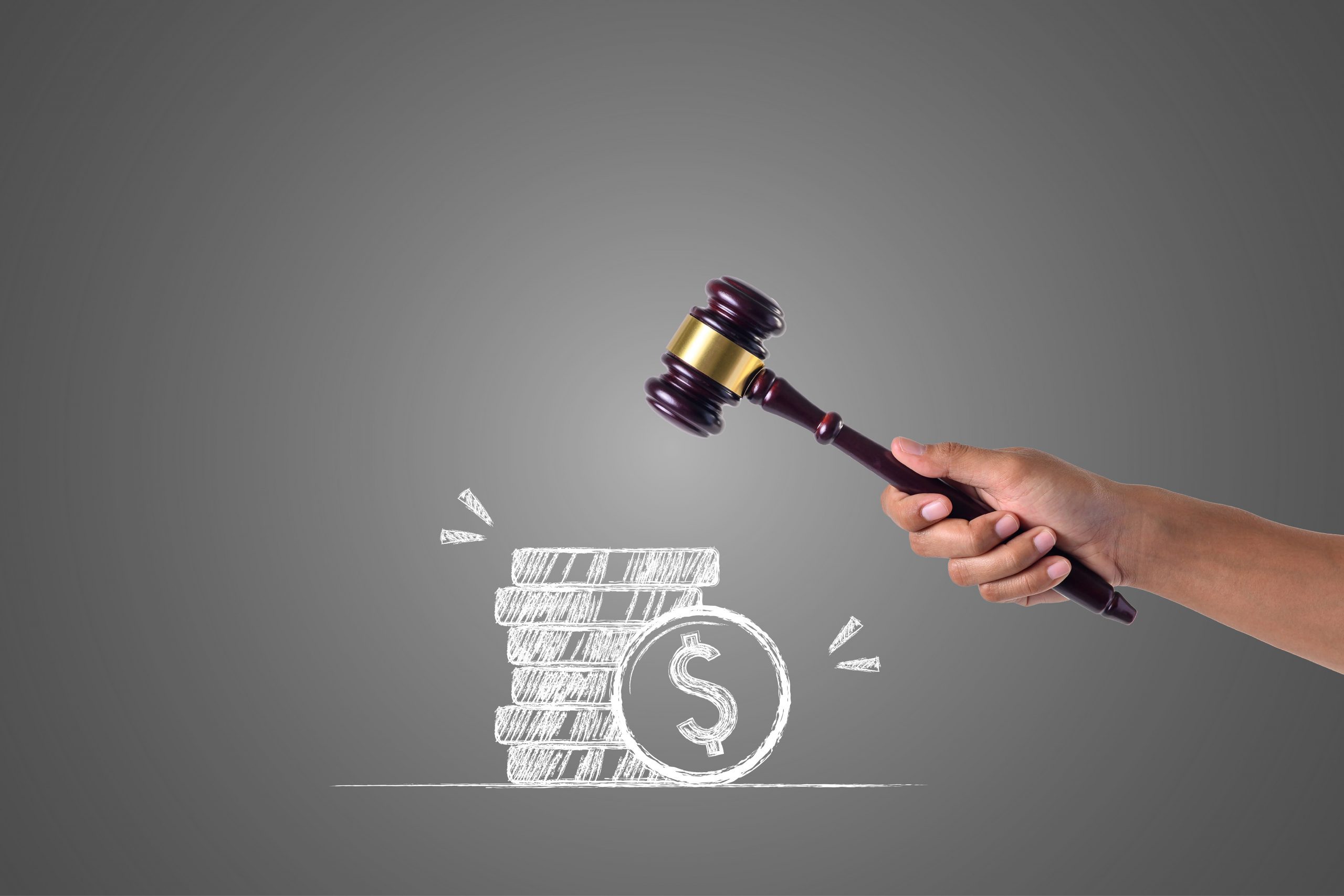Don’t Ignore That Creditor’s Lawsuit
4 Mins Read
Published on: 02 February 2024
Last Updated on: 13 November 2024

toc impalement
The moment you discover that a creditor or a debt collector is suing you, it can feel like a scene from a suspense thriller where the protagonist is cornered with no way out. Among the flurry of questions that this scenario raises, one stands out: can a credit card company sue you? Unfortunately, the answer is yes. But before panic sets in, let’s explore what this means and how you can navigate this intimidating situation.
Understanding The Legal Grounds

When a creditor or debt collector decides to sue, it’s not a random act of aggression but a legal recourse for reclaiming what they believe is owed. It’s akin to a game of chess where the creditor has made a significant move. Your next step should be informed and strategic, not driven by fear or ignorance.
The Importance of Responding

Ignoring a lawsuit is akin to ignoring the warning signs of a storm. Just because you close your eyes doesn’t mean the storm won’t hit. If you don’t respond to the lawsuit, the court may issue a default judgment against you. This judgment is the legal equivalent of conceding the game without playing, often leading to wage garnishment, bank account levies, or other severe financial repercussions.
Deciphering the Lawsuit

Understanding the lawsuit is like deciphering a complex code. It’s essential to read and comprehend every aspect of the lawsuit notice. Know who is suing you – is it the original creditor or a debt collector? What is the amount they claim you owe? Often, debts are sold and resold, and errors can occur in the amount owed or even the identity of the debtor.
Seeking Legal Counsel
Navigating a creditor’s lawsuit without legal counsel is like walking through a minefield blindfolded. Consulting with a lawyer specializing in debt collection defense can provide clarity and direction. They can help you understand your rights, the validity of the lawsuit, and potential defenses. In some cases, creditors or debt collectors may not have the proper documentation to prove their case, or the debt may be too old, falling outside the statute of limitations.
Exploring Settlement Options

Settlement is like finding a diplomatic solution to a conflict. If the debt is valid and you owe the money, settling can be a viable option. This could mean negotiating a payment plan or a lump sum payment that is less than the total amount owed. Creditors and debt collectors are often willing to settle for a lower amount, as it assures them of recovering some of their losses.
The Role of Debt Management and Credit Counseling

Think of debt management and credit counseling as your financial navigators. These services can help you understand your overall financial situation and assist in developing a plan to manage your debts, potentially avoiding future lawsuits.
The Debt Collection Lawsuit Process

Step 1- The Initial Notification
The initial notification will be sent to you, and you will be notified when the debt reaches a number of 180 days past its repayment date.
Step 2- Debt Validation Letter
Now, within a number of 5 days from the initial contact, you are going to receive an official letter explaining the total amount that you need to pay. Along with the creditor’s name and a process for resolving the debt amount.
Step 3- Verification Letter
Now, if you want to dispute the amount of the debt, then you will receive a verification letter from the collection agency within 30 days with the validation notice.
Step 4- Addressing the Debt
Now, if the debt is then validated, you have to address the debt amount and also create a payment plan on how you are going to repay. The amount can be the full amount or the negotiated amount.
Step 5- Lawsuit Notification
Well, now, if you are going to deny the debt repayment, then the collector can decide to give you a lawsuit. And if they do that, then you will receive a complaint and court summons.
Step 6- Responding to the Lawsuit
Now, it is very important that you respond to the lawsuit by either of the two options: fill out the motion appropriately or simply reply with an answer.
Facts To Know If A Debt Collector Sues You
- You need to stay calm and not start panicking.
- You should always acknowledge the lawsuit that you received.
- If you don’t know what to do, seek legal counsel.
- Understand all your legal rights.
- First and foremost, you need to verify the debt.
- Check the statute of limitations on the lawsuit
- You will have to respond promptly to it.
- It is always best to document everything that you have.
- Always be open to negotiating.
- Keep up with your court dates.
- Speak out if you suspect any abuse.
Conclusion
If a creditor or debt collector sues you, it is a serious matter. But it’s not the end of the world. It’s a signal to take action, understand your rights, and respond appropriately.
With the right approach and guidance, you can navigate through this challenge and emerge with a clearer path to financial stability. Remember, in the financial world, as in life, challenges are best met with a calm mind and a strategic plan.
Read more..
Empowering Paralegals: The Role Of Billing Software In Legal Support
When Trades Turn Troublesome: Legal Insights Into Unauthorized Transactions
Legal Strategies For Business Owners: Navigating Will Contestation In Nsw
Legal Aspects Of E-Commerce: Ensuring Compliance And Trust In Online Business


















Comments Are Closed For This Article